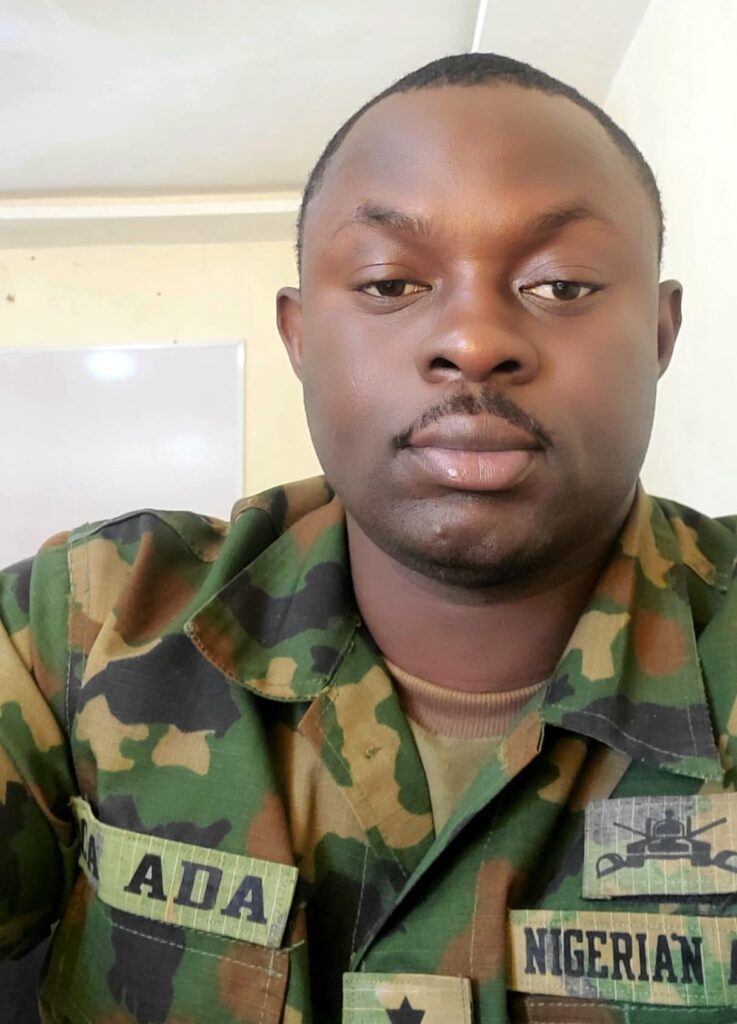I’m still waiting, Lord
I’m still waiting, Lord, With trembling hands and a heavy heart. Teach me patience, For the hours stretch thin, And the silence feels louder than your voice. How do I know, Lord, If this wait is your will, Or if I am meant to move, To tear open the veil of uncertainty myself? They say to have faith without asking, But how do I quiet the storm of questions When doubt whispers louder than my prayers? I’ve waited before, And you have never put me to shame. But this wait— This one feels like a mountain Crushing the air from my lungs. You said to trust you, But I see others moving while I stand still. Am I blind to the path you’ve laid, Or is this stillness part of your plan? You promised everything would be okay, Yet my heart feels sore, Raw from unanswered cries. I am a tree rooted in place, Yet the winds of stagnation Threaten to snap my branches Why do my efforts fade, Unseen, uncelebrated? Why do I give until I’m hollow And receive nothing but echoes in return? Why does each day feel heavier, Draining the will to begin anew? How long, Lord? How long before the dawn breaks this endless night? When will your help come? I am thankful Truly, I am thankful for your blessings. But still, doubt creeps in like a shadow, Carving cracks into my fragile faith. Do not let me break, Lord, Do not let this waiting unmake me. Turn my doubts into whispers of hope. Hold me together while I wait for your answer, For the weight of waiting feels unbearable, And I am only human, Lord, Only human. Ada Clement Akomaye

Military Officer | Military Psychologist | Writer & Ghost-writer
Ada Clement Akomaye is a dedicated military officer and psychologist with a strong background in administrative leadership, intelligence, and operational strategy. He is a graduate of the Nigerian Defence Academy, Kaduna and holds a BSc (Hons) in Psychology (2013–2018). His professional expertise extends beyond military operations into the realm of writing and research, where he has distinguished himself as a poet, novel writer and ghost-writer. He is adept at crafting complex narratives, developing intricate characters, and conducting in-depth research for high-level military and academic writing. He is also proficient in English and French and holds a Duolingo English Proficiency Certificate.
Ada is passionate about intelligence analysis, field survival skills, and security strategy, contributing to scholarly discussions on topics like leveraging intelligence sources to tackle emerging security threats and the impact of social media on society. Beyond his professional endeavours, Ada values personal growth and discipline, maintaining a consistent fitness regimen. He enjoys engaging in intellectual discussions, party games with bold challenges, and cherishes moments spent with family. He believes in a balanced approach to life, handling situations with diplomacy first, and resolute action when necessary.
For collaborations, research inquiries, or writing services, Ada can be reached at:
Email: adaclement@yahoo.com
Poem Analysis
Imagery
The poem is rich in visual, tactile, and emotional imagery, immersing the reader in the experience of waiting and uncertainty. For example:
- “With trembling hands and a heavy heart.” (Tactile imagery—depicts anxiety and emotional burden)
- “The silence feels louder than your voice.” (Auditory imagery—paradoxically portrays silence as deafening)
- “A tree rooted in place, yet the winds of stagnation threaten to snap my branches.” (Nature imagery—symbolizing endurance and fragility)
Metaphor
Metaphors run throughout the poem, enhancing its emotional depth:
- “This wait—this one feels like a mountain crushing the air from my lungs.” (The burden of waiting is likened to an oppressive mountain, signifying suffocation and struggle.)
- “Doubt creeps in like a shadow, carving cracks into my fragile faith.” (Doubt as a shadow suggests an ever-present, creeping force, and faith is portrayed as something delicate, breakable.)
- “I am a tree rooted in place.” (A metaphor for steadfastness, but also stagnation.)
Personification
Personification intensifies the emotional experience:
- “The silence feels louder than your voice.” (Silence is given an overpowering presence.)
- “Doubt whispers louder than my prayers.” (Doubt is given a human quality—whispering, making it seem insidious and relentless.)
- “The winds of stagnation threaten to snap my branches.” (Stagnation is likened to a forceful wind that can break the speaker’s resolve.)
Symbolism
Several symbols deepen the poem’s meaning:
- The mountain (“This one feels like a mountain crushing the air from my lungs.”) → Represents an immense challenge or burden.
- The tree (“I am a tree rooted in place.”) → Symbolizes endurance, but also immobility and frustration.
- The dawn/night contrast (“How long before the dawn breaks this endless night?”) → Night symbolizes suffering and uncertainty, while dawn represents hope and divine intervention.
Parallelism and Repetition
The poem employs repetition to emphasize longing and impatience:
- “How do I know, Lord?” and “How long, Lord?” → The repetition of direct questions to God creates a plea-like, almost prayerful rhythm.
- “You said to trust you, but I see others moving while I stand still.” → The contrast between divine instruction and human impatience is reinforced.
- “Do not let me break, Lord, do not let this waiting unmake me.” → The repetition of “do not let” strengthens the desperation in the plea.
Enjambment
Lines flow into one another without full stops, mimicking the unbroken, relentless passage of time during waiting:
- “I’ve waited before, / And you have never put me to shame. / But this wait— / This one feels like a mountain / Crushing the air from my lungs.”
This technique reflects the overwhelming, suffocating weight of waiting and adds urgency to the emotions.
Juxtaposition
The poem contrasts faith vs. doubt, movement vs. stillness, blessing vs. suffering:
- “I see others moving while I stand still.” (Contrasts action and stagnation.)
- “You promised everything would be okay, / Yet my heart feels sore.” (Contrasts divine assurance with human pain.)
These juxtapositions highlight the internal struggle between trust and questioning.

